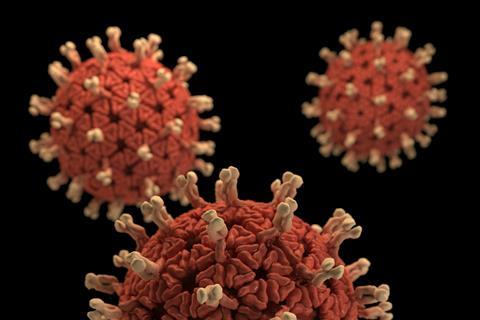Rotavirus vaccines do not cause significant outbreaks of the disease in neonatal intensive care units (NICUs), according to a new national study. The research will be presented at the Pediatric Academic Societies (PAS) 2024 Meeting, held May 3-6 in Toronto.

The findings are important, study authors say, because many NICUs avoid vaccinating against rotavirus due to a theoretical risk of transmission, yet some infants are too old to receive the vaccine once discharged from the NICU. The study conducted at Children’s Hospital of Philadelphia evaluated the risk of vaccinated patients transferring rotavirus to unvaccinated patients in NICUs that administer the vaccine.
According to researchers, preterm infants are at higher risk of the highly contagious but preventable virus, yet few receive the vaccine in hospital settings. The rotavirus vaccine contains a weakened form of the virus to produce a stronger immune response.
Study findings
The study found that 99.3% of non-vaccinated patients exposed to vaccinated patients did not test positive for the disease. Non-vaccinated patients that contracted rotavirus had no symptoms after 14 days, according to the study.
“Immunization with rotavirus vaccine has been standard practice in the Children’s Hospital of Philadelphia NICU since 2007, and the safety of this practice was supported by retrospective clinical data published in Pediatrics in 2014 – however this remains an uncommon practice in NICUs across the United States,” said Kathleen Gibbs, MD, the study’s lead neonatologist from Children’s Hospital of Philadelphia.
“Our yearlong, prospective study done in collaboration with the Centers for Disease Control and Prevention suggests that benefits of vaccinating NICU patients against rotavirus outweigh risks. Inpatient vaccination allows protection of a vulnerable population against a common, preventable cause of severe diarrheal illness.”
The study analyzed 3,448 weekly stool samples from 774 patients between January 2021-January 2022.
Morgan Zalot will present “Investigation of Potential Vaccine-strain Rotavirus Transmission in a 100-bed NICU that Routinely Vaccinates: 1-year Surveillance Results” on Saturday, May 4 from 9:00-9:15 AM E.T.







No comments yet